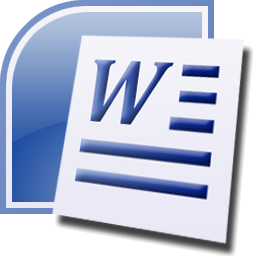Tech Blog #7: STAR Workshop #2 — Word 2007 Intermediate, Part 1
Posted by rpaul2 in Tech Blog, tags: Johnson Center, STAR Workshop, Word 2007, Word 2007 IntermediateCourse: WORD 26 1-003 in George W. Johnson Center, Room 311B.
1-003 in George W. Johnson Center, Room 311B.
Described as follows: “Covers the intermediate level of Word 2007.”
Microsoft Word 2007 has, for a while, been something I’ve felt pretty competent with. However, I definitely learned a thing or two from this workshop!
In the first lesson, aptly named “Inserting Dates and Symbols,” we learned how to put dates and symbols into our paper.
Then, we went over Quick Parts and how that tool can make things quicker for writers that consistently use titles/pictures in their pieces. Additionally, the Building Blogs Organizer, which helps users sort building blocks by name, gallery, category or type, was pretty interesting.
The third lesson dealt with using AutoFormat in Word 2007. AutoFormat can format a document as the user types — it analyzes the user’s text as they type and then applies the appropriate formatting.
Lesson 4, “Working with Tables,” helped me apply the use of tables into my work, which is a useful way to throw a bunch of information into a clean, organized area of space.
Related to the use of tables, Lesson 5 was probably the most beneficial of all of the lessons. I learned about aligning table text, merging cells within a table and converting a table into text.


 Entries (RSS)
Entries (RSS)